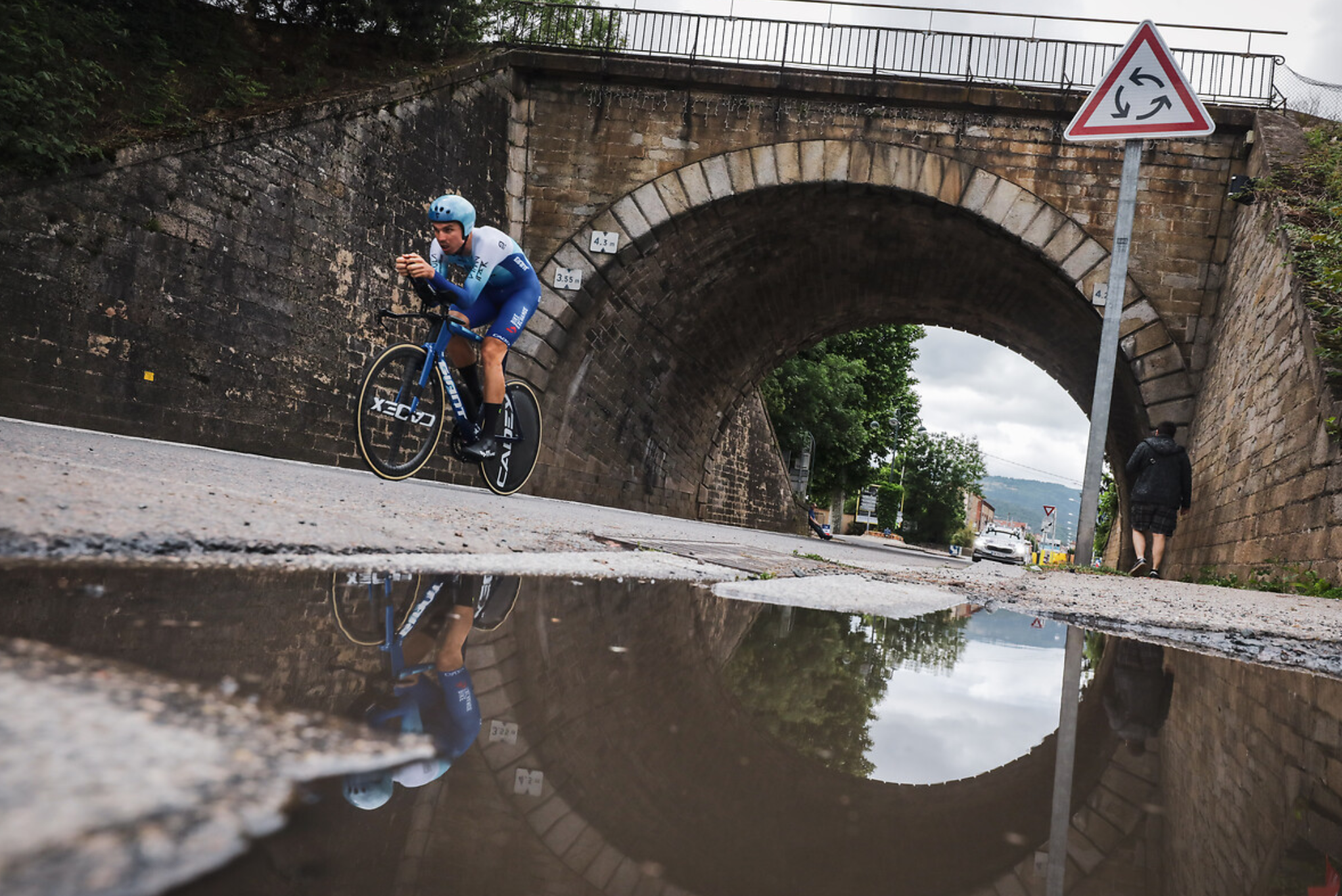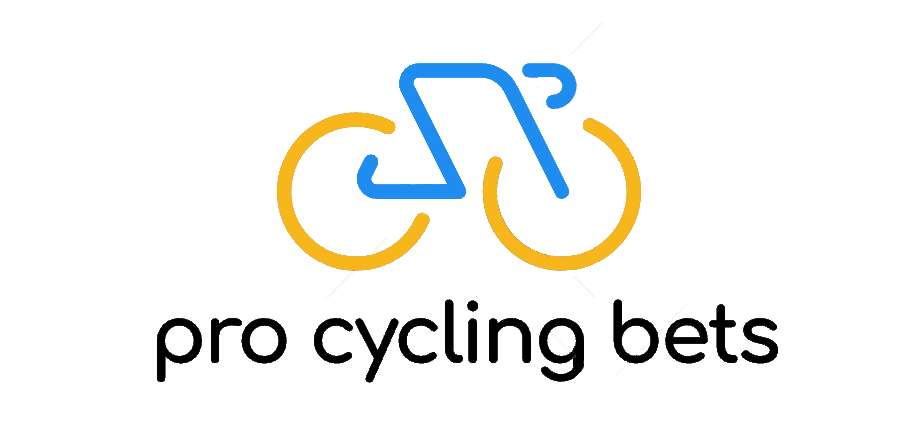Betting on Time Trials & Prologues
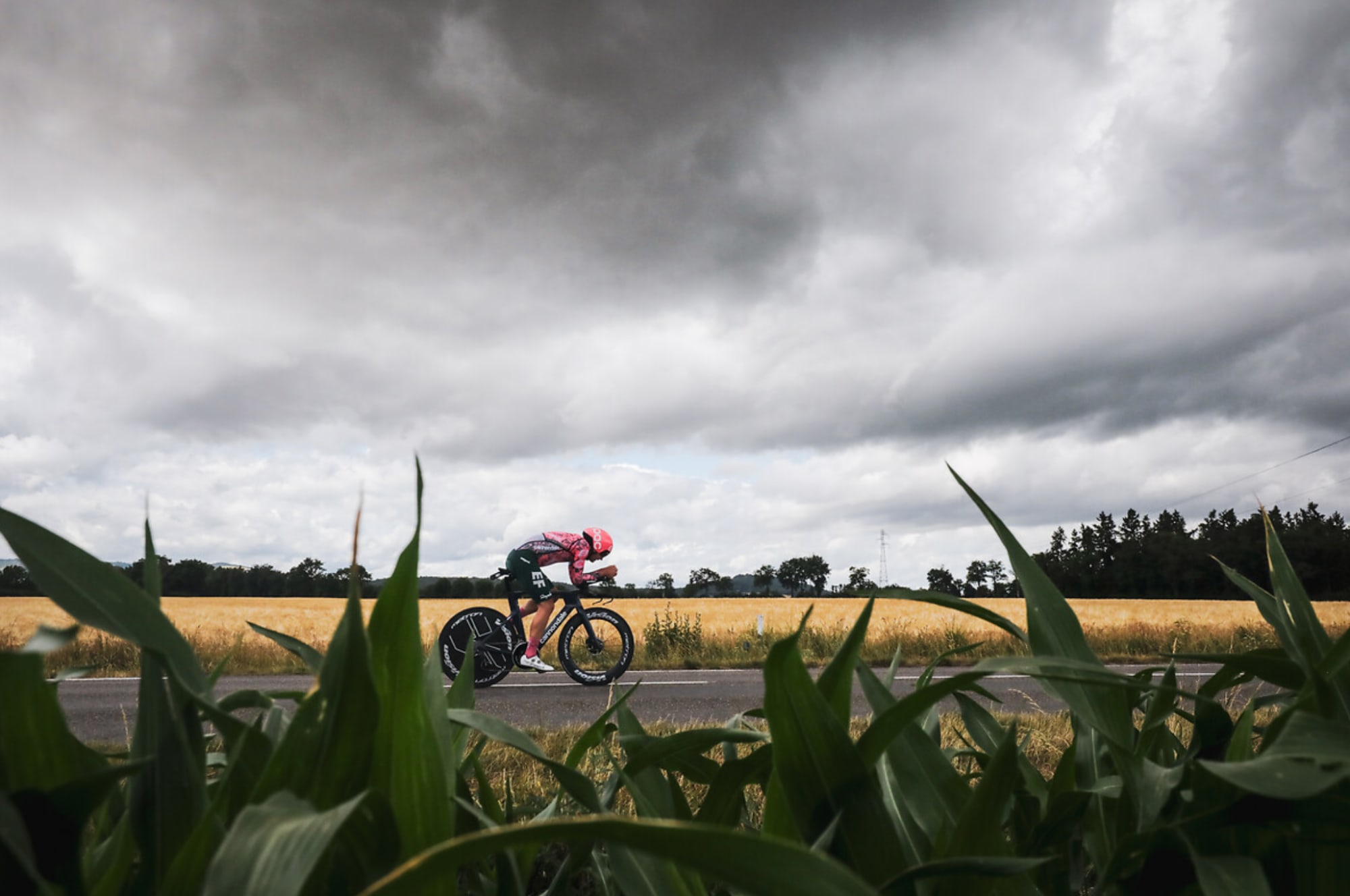
There's a variety of differences and nuances between placing bets on multi day races compared to one day classics. There's also nuances between "normal" stages and time trial stages within multi day events. We attempt to break down the nuances into digestible chunks. This is part one of the three part series focusing on these nuances.
Time Trials
Honestly, time trials and prologues are our favourite to bet on. Without betting, watching time trials is a bit of a slog - but with betting, every second you're on the edge of your seat. And at each time checkpoint of a rider you're emotionally engaged.
You can even get lucky sometimes, and have the riders you've bet on spaced evenly throughout the event so you always have a "horse in the race".
It's also the type of event where research matters, both from a betting perspective and from a rider and team perspective.
Gear, technology, weather and training all matter in individual time trials (ITTs), and especially TTTs (Team Time Trials). If a rider hates training the TT they'll perform worse. If a rider's and team tech (be it aero suits, bikes etc.) aren't up to snuff, they'll perform worse. If it's raining the thirty minutes they're on the course, but not for the rest of the riders, they'll perform worse. If there's a climb during the time trial, or the time trial is 40km instead of 10km, rider's will perform statistically differently.
All this information can be researched ahead of time by the bettor. Has the rider been training the TT in the off-season? Is the team tech focused? Is the rider young? Usually we've found younger riders know the benefit of the CdA (Coefficient of Aerodynamic Drag) and how it affects their performance dramatically (take Leonard and Sheffield as examples and their drastic performance shifts when TTs come their way).
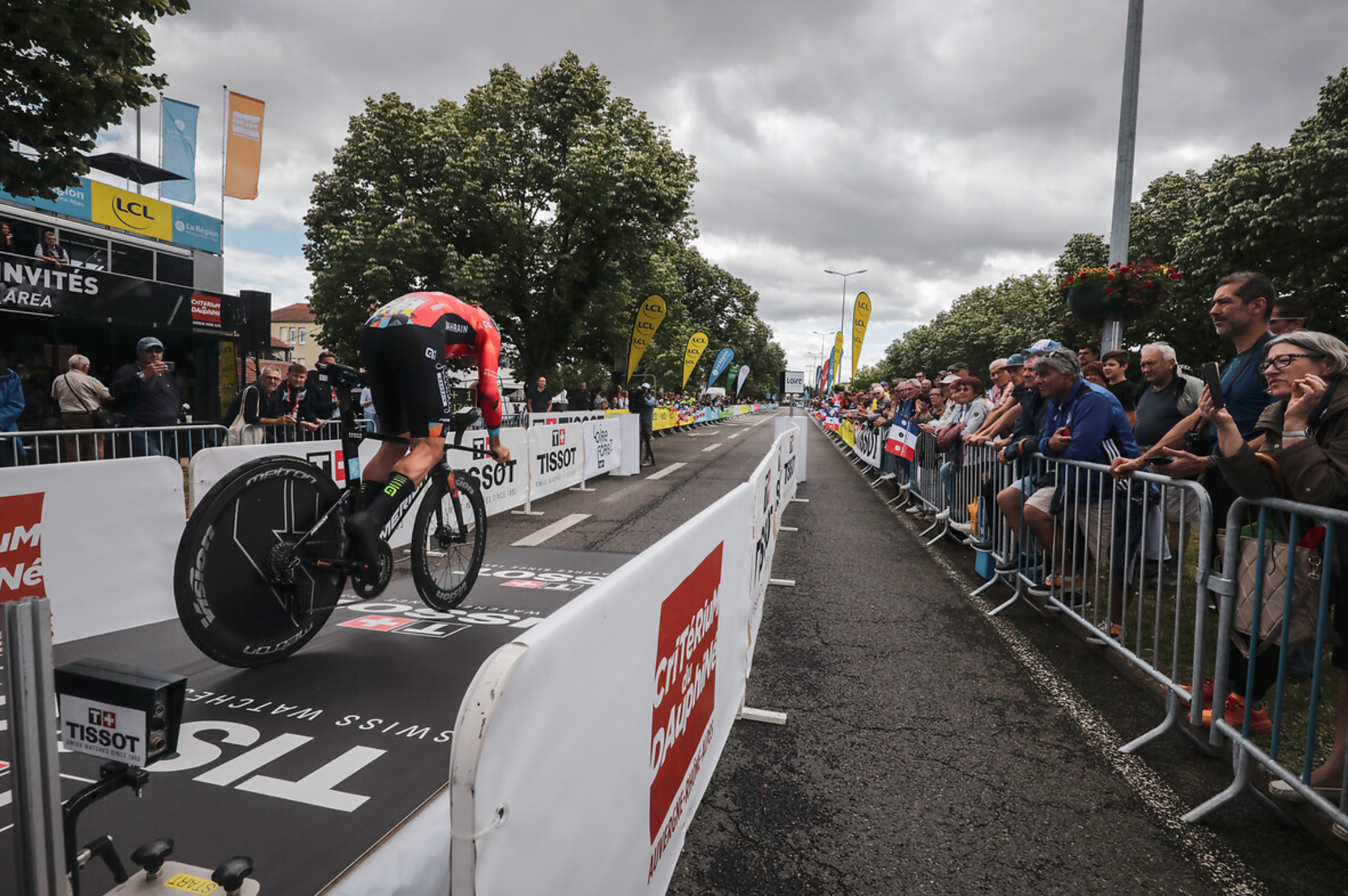
One of our best bets was on Education First during the UAE Tour Team Time Trial of 2023. They were underdogs and not expected to perform well, having odds of 27.00 to get a top 3 slot. We knew, after listening to the team's podcast, that they were dedicated to micro-enhancement, from tech to nutrition and we felt confident the odds were too long.
In retrospect we should have also played for a first place finish because they were 1 second away from winning the whole thing. Hindsight is 20/20 though 🙃 - it was still a nice payday.
Key Heuristics
We're going to touch on some key heuristics we use when placing our each way or head to head bets when it comes to time trials and prologues.
TTs are "free" territory
Riders are generally given free reign during time trials to perform to the best of their ability. Domestiques, despite having to be locked down on other days throughout a multi-day stage race working for their team's leader, can often go for the win.
This isn't always the case. Some domestiques may take the TT as a rest day to be able to perform better for their team in later stages - but this is generally only in the grand tours where the races span three weeks. Time loss aversion is incredibly real in the peloton, despite it often making sense, and as such it's another reason why riders will almost always attempt a decent performance.
For example, Fabian Cancellara, well known to be an excellent time trialist when he was active, won a total of seven prologues, before going on to support his team as a domestique in the following days of the grand tour.
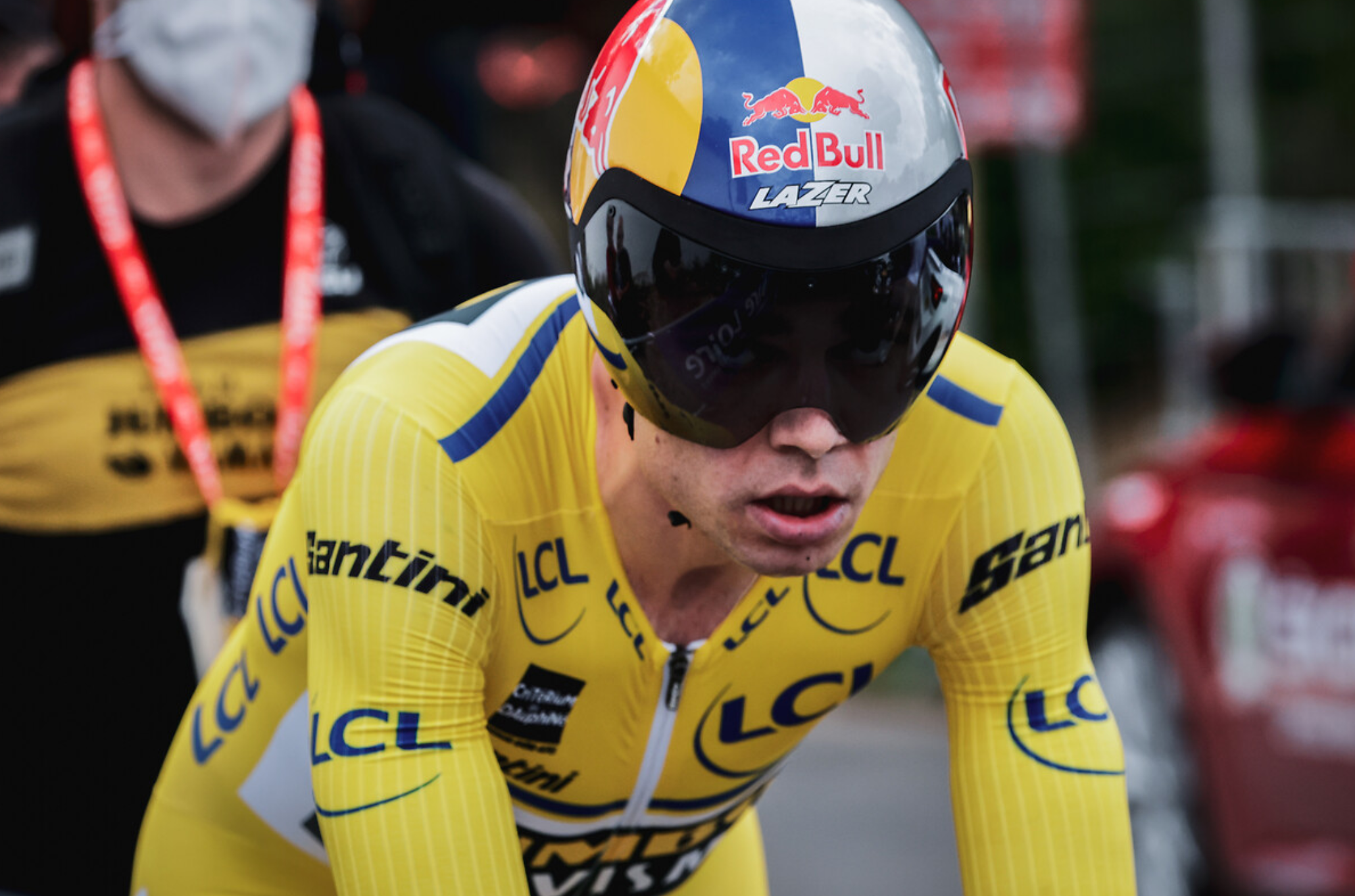
Team Support Doesn't Matter (As Much)
Unlike your average stage, a strong team doesn't necessarily give a rider an advantage. Yes, they may have money for slightly better tech in terms of bike setup, but the margins there are becoming slimmer as technology prices come down.
Why is this great? You can find some extreme esoteric value picks that provide great long odds that still have a very good chance of winning the stage. Normally during a stage race, if a low level team went in the break to gain TV exposure, they'd be brought back by one of the stronger teams later in the stage. This isn't the case in TTs.
Know that the national time trialist of Liechtenstein has been given supremely long odds? Or know that Pro Cycling Stats doesn't realize an individual has a track background (PCS doesn't generally do a great job at surfacing track results)? You could be in for a big payday.
TTs essentially remove one large variable from the equation and realistically open up the field to any rider who can perform well in a time trial setting.
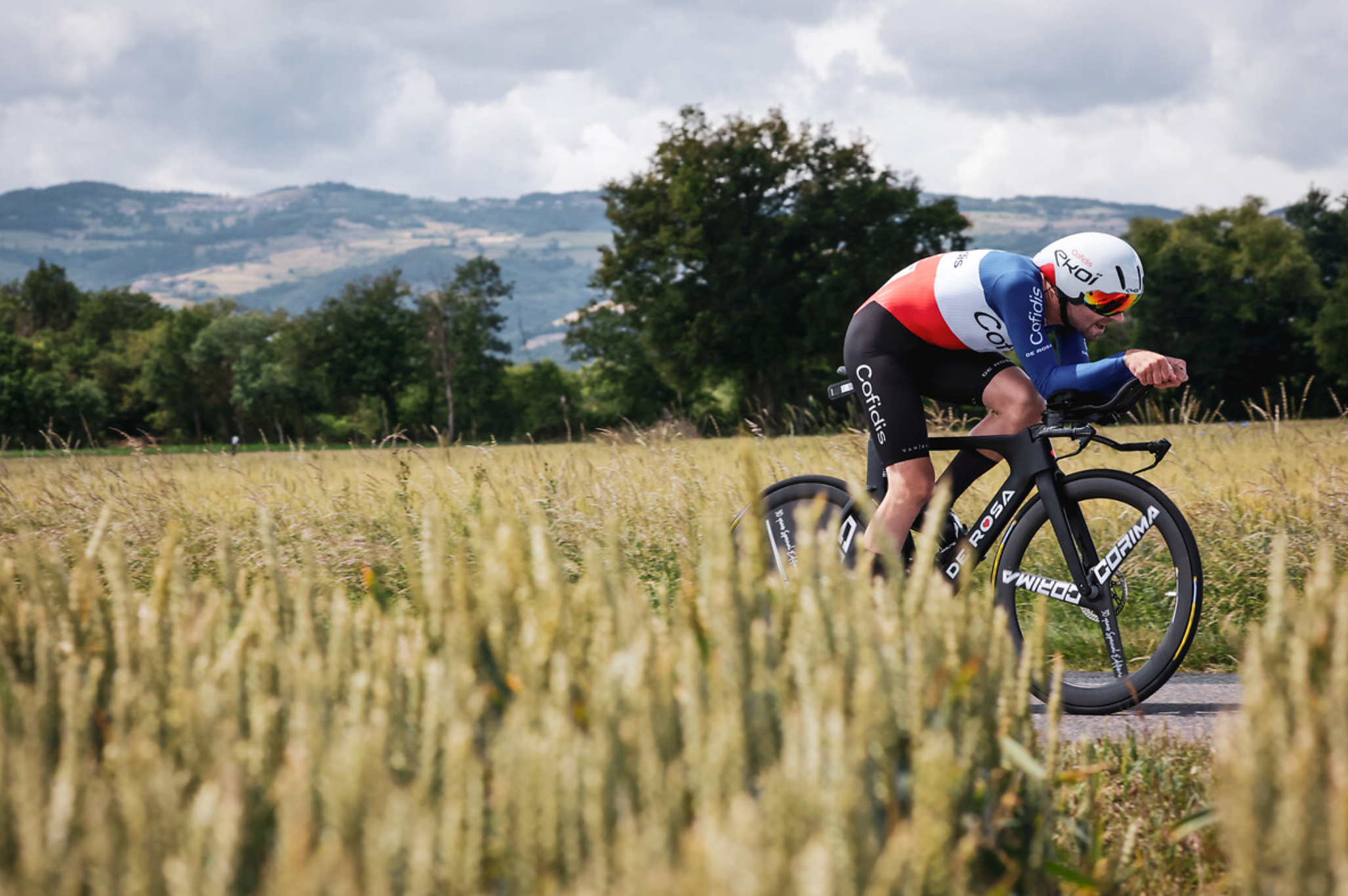
Length, Elevation & Weather
All time trials aren't made the same. While Prologues have to be less than 8km, we're seeing less of them these days in multi day stage races. TTs can range in distance now anywhere from 5km to 50km. TTs can also be studded with steep hills throughout (so much so that riders may switch bikes mid TT if it makes sense to have a climbing bike compared to an aero bike).
What often happens is the betting markets will take a rider's performance from a previous ITT of the stage race into account (recency bias) and not factor in other variables (such as a climb or steep downhill).
A rider may be good at one variation of a time trial but not another. For example, Filippo Ganna is extremely strong on flat TTs, and while he's been improving on climbs lately, he can't defy gravity with his weight. A more slender TT rider will likely best him if they were close in time to him on the initial flat TT that the betting house is taking into account.
Also, it's a well known fact certain riders perform much better in wet conditions than certain other riders. This definitely comes into play during wet TTs where slowing down over a wet corner can make or break your time trial. Riders such as Ion Izagirre are known to perform consistently regardless of the conditions.

Team Time Trials
Team cohesion undoubtedly plays a role in a successful placement here, but with recent changes, such as in Paris - Nice where only the first rider's time past the line mattered - it's not always crucial.
We've noticed that if riders have been recently training and riding together, say at an altitude camp, they've been performing better. We'd argue it's because they'll generally "know" the performance and riding style of their teammates and perform slightly better than if they haven't. It's similar to how there's more crashes and antics at the earlier races in the season as rider's are once again adjusting to the peloton.
Geraint Thomas, a previous Tour de France winner, in one of his recent podcasts indicates the difference he feels in riding in the peloton in July versus January. Thomas is zoned in to the feeling of the peloton in July compared to January. He's less nervous, less jumpy on the breaks.
Likewise rider's will most likely "feel" the pace line of their teammates better if they've been riding together and can more optimally arc their way through headwinds.
As always, feel free to hit us up on our socials if you want to debate.
